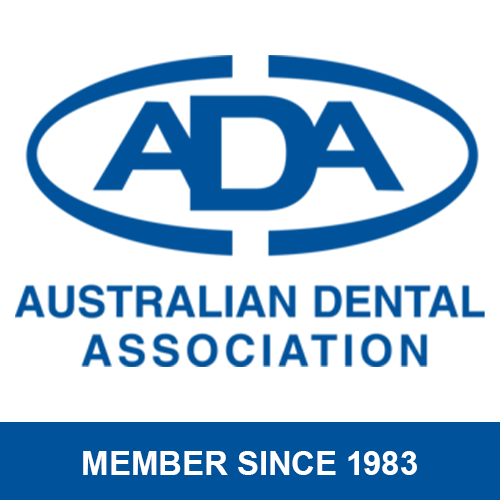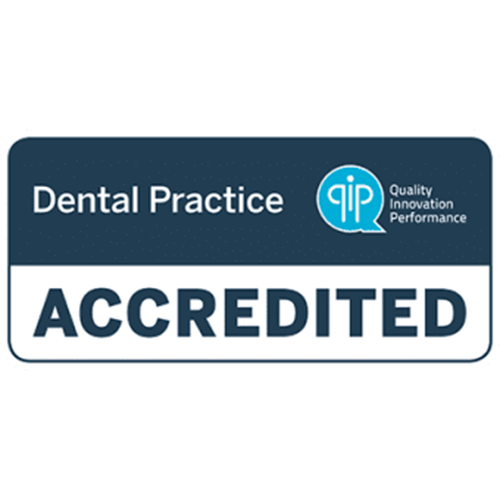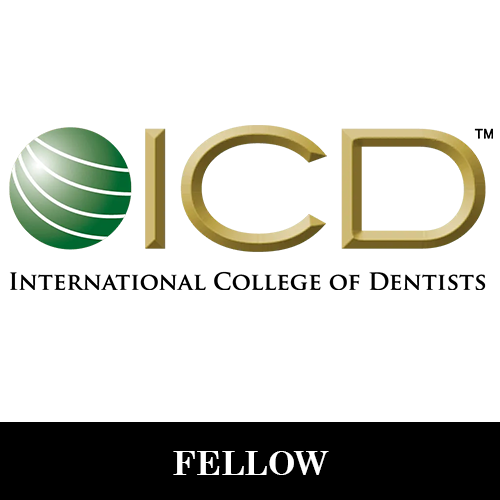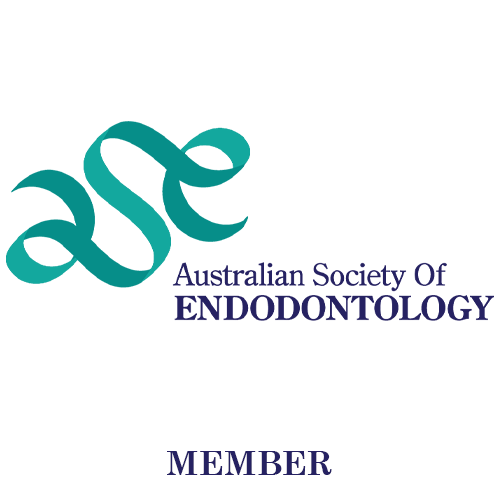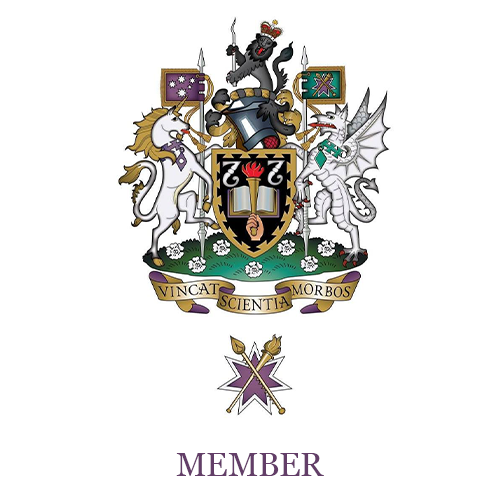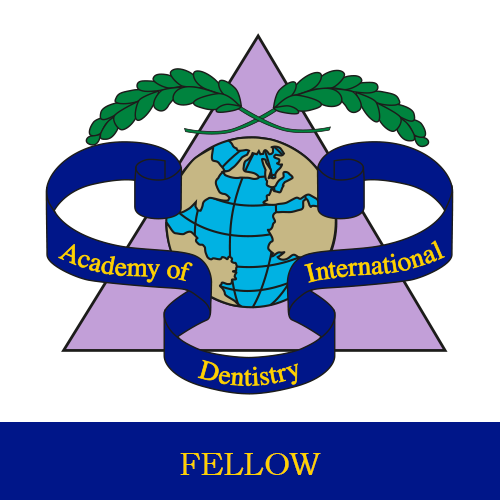Why it’s important to pacify your child’s sucking habit
It’s not unusual to see young children sucking on their thumb or a dummy (pacifier/soother) as a means of comforting, soothing or settling, and in terms of their dental health it is generally a risk-free practice. Most children will naturally wean themselves off this natural urge by around the age of 3 anyway. However, if the habit continues beyond 5 years of age it can begin to have a negative impact on the health of their teeth and mouth.
The regular action of sucking on a thumb, dummy or other object after teeth have begun developing can cause all sorts of issues, possibly leading to the need for costly future dental or other surgical treatment. Some of the negative short and long-term effects include:
- Altering the natural alignment of the teeth.
- The formation of an overbite or under bite (where the front upper and lower teeth don’t meet when biting).
- Developing a lisp because of the effect that continuous sucking can have on the position of the jaw bone, as well as tooth position.
- Alteration or increased sensitivity of the roof of the mouth.
- Introduction of bacteria and viruses that have come into contact with the object being sucked.
- Increased dependence on sucking to pacify or to get to sleep.
- Excessive sucking has even been linked to higher rates of middle-ear infections.
While sucking is a natural instinct for infants and young children, if you have been concerned about the development of speech problems, dental issues (for example difficulties biting into food), or even issues with the skin of the finger being sucked, it could be time to seek professional help. Our dental team at Moss Vale Dental are happy to help you and your child to safely break their sucking habit before it becomes a problem.
Alternatively, if they have already caused some damage, we’re here to get their dental and oral health back on track. Please call our Shelly on (02) 4869 3111 to schedule an appointment with our experienced Dentists today!
And remember, the Child Dental Benefits Schedule (CDBS) provides basic dental services to children aged between 2 and 17 years. Dental services are capped at $1000 over 2 consecutive calendar years. The 2 year cap period starts when a child or teenager first gets an eligible dental service.
Site Links
Our Services
Locations We Service
Contacts
ABN: 40 525 320 779
Trading Hours
- Monday
- -
- Tuesday
- -
- Wednesday
- -
- Thursday
- -
- Friday
- -
- Saturday
- Closed
- Sunday
- Closed



